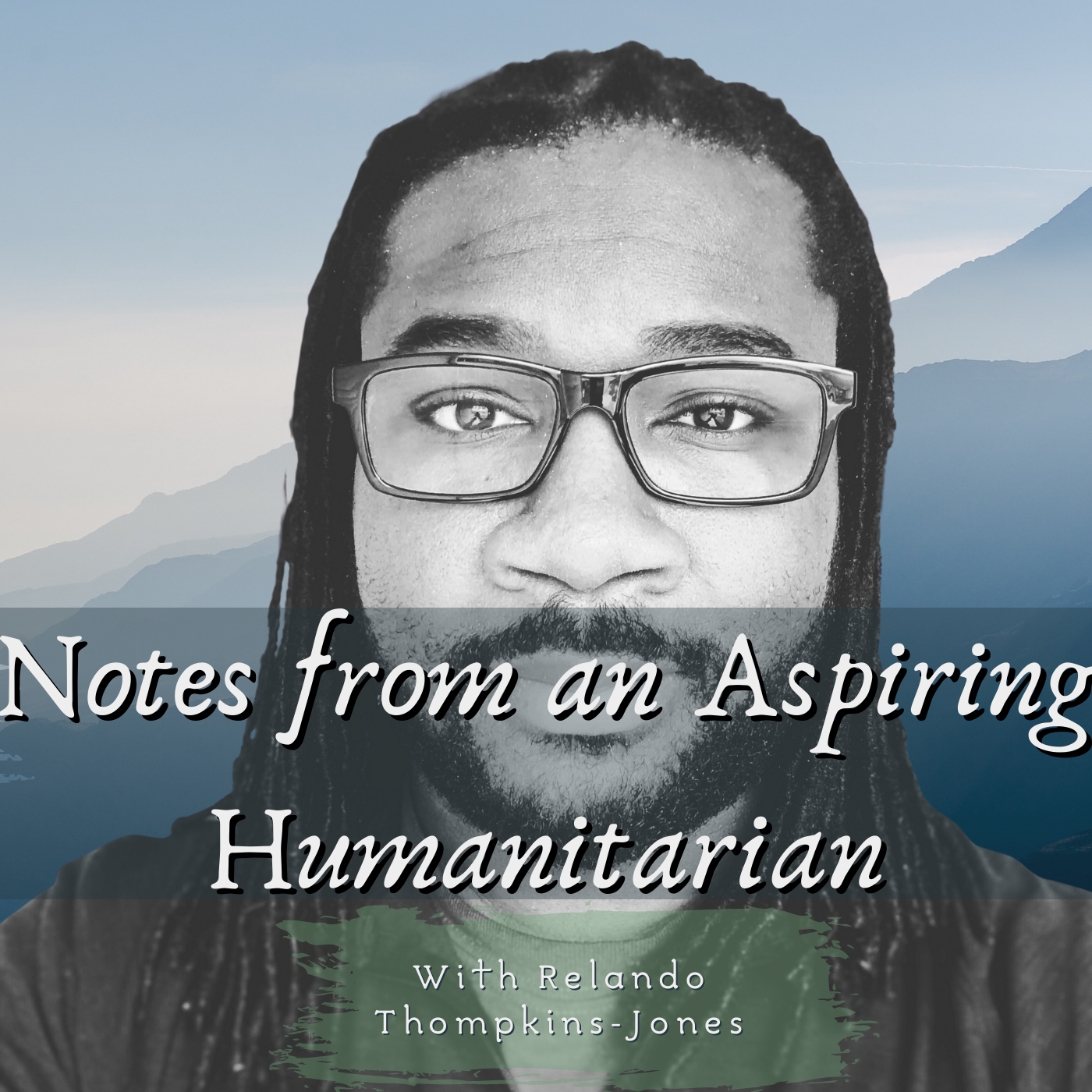3 Messages that Are Used to Shut Down People of Color When Talking About Race, and 3 Reminders If You’re Tired of Them

I’ve received quite a few comments on and offline since I shared 2 articles that were written (by a person of color) specifically for people who are white to foster anti-racist allyhood. In this note I’ll share three overarching themes from those messages, and my own thoughts on them. I’ll also share three reminders that came to my mind when I reflected on those messages.
First theme: The tone of the articles was too harsh (More people would listen to you if you weren’t so angry)
I thought the articles were brilliant, and I have zero issues with the tone. I’d be willing to guess that the lessons the writer learned about his race and his place in society may not have been served with a bowl of his favorite flavor of ice cream.
Sometimes a tactic for derailing conversations can be found in focusing on tone instead of listening to the message.
I think we can have a tendency to believe that education isn’t supposed to bite, but I agree with whoever said that the truth will set us free, right after it makes us angry (and sometimes, defensive of our old programming).
Second theme: They are “preaching to the choir”. The people who are responsible for perpetuating racism probably aren’t reading the articles (I already get where you’re coming from. I’m not to blame)
I get how some people could think that the people who are responsible aren’t necessarily reading the articles. In fact, claims of a lack of responsibility for what “other people did” be it in the past, present or future is probably one of the most common forms of resistance out there. I often see it being used as a way of silencing folks.
It can be a hard thing to swallow, but it’s also important to understand that even if a person who is white doesn’t agree with racism personally, even if they consider themselves to be “nice” and not like those “other people”, they still benefit from a system of racism. I think the “nice folks” may indeed be reading this article, as one of the “nice” ones in my life was responsible for bringing these articles to my attention in the first place.
I see #yesallblackpeople as being a response to some of their comments of frustration and denial that serve to invalidate the voices of People of color telling their stories as much as it is a response to the outright dismissal from the ones who don’t even claim to care.
Although it’s safe to say that they aren’t responsible for x,y, or z in the past, there is still a level of complicity, and personal responsibility for the actions they decide to take, or not take now based on the benefits they have been given at the expense of people of color. Even by “doing nothing” they still benefit.
I think the writer was talking to people who can feel him. While he may not have caught everyone, I know he caught some.
Third theme: The articles can divide people who are a part of the same fight along racial lines. How do we get people who have little context of the realities of a systematically racist society to get to the point where this article will have a positive impact?
Relationships are everything. It’s easier to dismiss someone you don’t know, but it’s harder to do that when there’s history and connection. Our own personal relationships are great places to start.
Having a personal relationship with someone whom we value and respect can increase our chances of choosing to remain in the conversation, even after being faced with something that is difficult.
One thing I think that’s great about those articles being online is that they can be shared by lots of people; people who may have relationships with other people who can also choose to stay in the conversation if they’re feeling threatened/resistant/afraid/outraged whatever they might be feeling based on the level of trust that’s been built.
Focusing on relationships, starting to talk about this stuff as early as possible in our homes, schools, religious/secular institutions etc are also great ways to engage. That last question leads me to my next point:
Reminder: Understand your sphere of influence, as well as your limitations
It’s important not to forget that people can have autonomy in what they do. Because of that autonomy I think it’s hard to say that we can “get” people to do anything. Particularly in terms of getting people who are white to care about structural racism in the context of this conversation.
Everyone’s currency is different.
The articles may not have worked for you, but they were right on time for me. They may not have worked for some people who are white, but for others, it may have been just the thing that they needed, even if only caused them to pause and think differently for a moment. It’s a start.
Sometimes seeds land on fertile ground, and sometimes they land on the concrete. What ground is fertile and what ground is concrete is also different for each of us. Sometimes coddling might work, other times we need to feel some heat for us to pay attention.
Some people believe that there is a single solution; one solid, “logically sound argument” that if produced will cause everyone who previously didn’t understand or care about the realities of this racist society to change their minds.
Reminder: It doesn’t happen that way. It’s a process, and it’s different for each of us.
How do we get people who have little context of the realities of a systematically racist society to get to the point where articles like the ones I shared will have a positive impact? I’ve said this before, but I’d also start by finding someone you know who cares, and with whom you have a good relationship.
Find someone who you feel has an awareness of the realities of systemic racism currently, but didn’t necessarily have to be aware the realities because they benefit from them.
I think asking them about their process, and encouraging them to talk to other people who lack the awareness they now feel that they have can also get you closer to the answer to your question.
Know what I mean? “You didn’t have to care, you still don’t have to care, so why do you?” “What happened?” That kind of stuff.
We definitely need to work together, but that something doesn’t work for me personally, doesn’t mean it doesn’t work at all.
Reminder: Positive results don’t always feel positive (in the moment), and sometimes, you just may not be the one
Ultimately, one of my goals is indeed increased connection and understanding, but that’s not without conflict. If someone felt challenged by reading this, I think that’s a very positive thing.
Some folks may need support in processing it, but that’s what friends are for. If people are turned off by this, it may not be the right piece for them at this time in their development. It doesn’t negate the truth of the piece. Perhaps something else will work better for them in their process.
Sometimes we can get frustrated when talking to people about race, even more so in the face of the invalidation of your lived experiences. The thing is, you, or I just may not be that person for them at the time.
That’s probably not an answer you want to hear, but it’s an honest one. I keep working at this stuff because I’ve seen results, both in myself, and in others. However, I think we’ll burn out pretty quickly if we place all that weight and responsibility solely on ourselves.
Since I’ve accepted that I don’t feel defeated as often when someone isn’t responding to me in a way that communicates to me that they get where I’m coming from. That’s why it is so important to seek support from people who understand and care about you so you can process and recharge.
While wanting to see immediate results can be understandable at times, it can also be selfish. There’s enough work for all of us.
Accepting that you may just not be the one to get through to someone at a particular time is in no way a defeat, just an acknowledgement that someone else, at some other time may be able to further cultivate the seed that you’ve planted.
Those are my reflections for the moment, feel free to share any you might have.
From Aspiring Humanitarian, Relando Thompkins, MSW, LLMSW
—————————————————————————————————————————
(N.A.H.) is advertisement-free and reader supported. If you enjoy my notes, consider supporting (N.A.H.) with a one-time donation or by becoming a monthly patron.
—————————————————————————————————————————














